Science

Science has changed our lives and is vital to the world’s future prosperity. A high-quality Science Education provides the foundations for understanding the world, through the specific disciplines of biology, chemistry and physics. At Kingsnorth CEP School, Science is taught through regular lessons, which are well-planned to combine knowledge, understanding and scientific enquiry skills, structured by the Developing Experts programme.
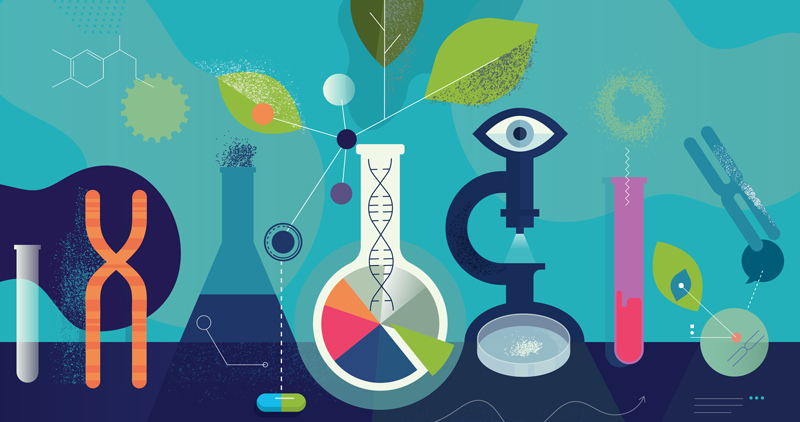
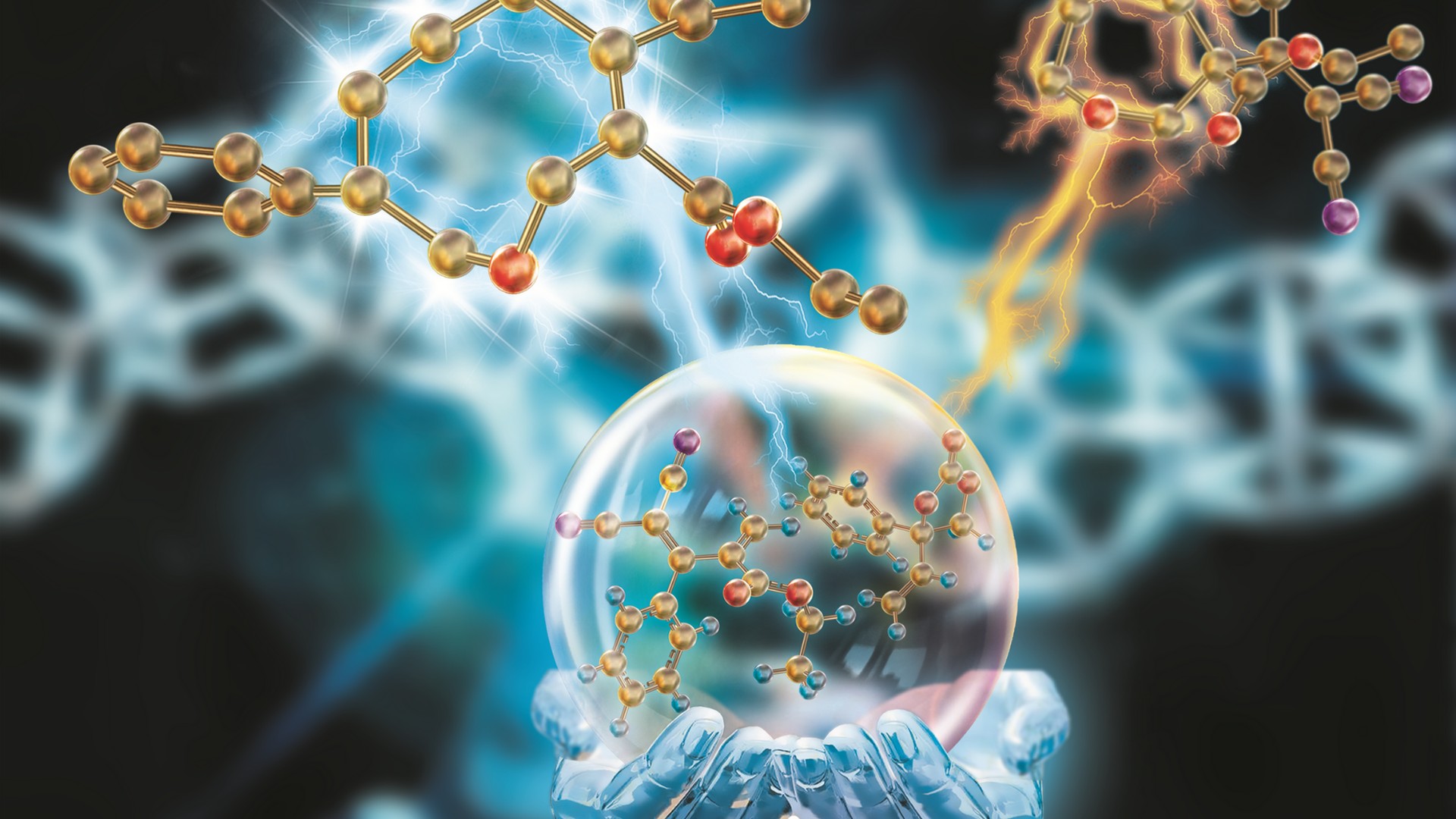
Science in Foundation Stage
Children in the Foundation Stage experience Science through one of the 17 Early Learning Goals – ‘Understanding the World: The World’ and will develop their knowledge through ‘child-initiated’ sessions.
Early Learning Goal
Children know about similarities and differences in relation to places, objects, materials and living things. They talk about features of their own immediate environment and how environments might vary from one another. They make observations of animals and plants and explain why some things occur, and talk about these changes.
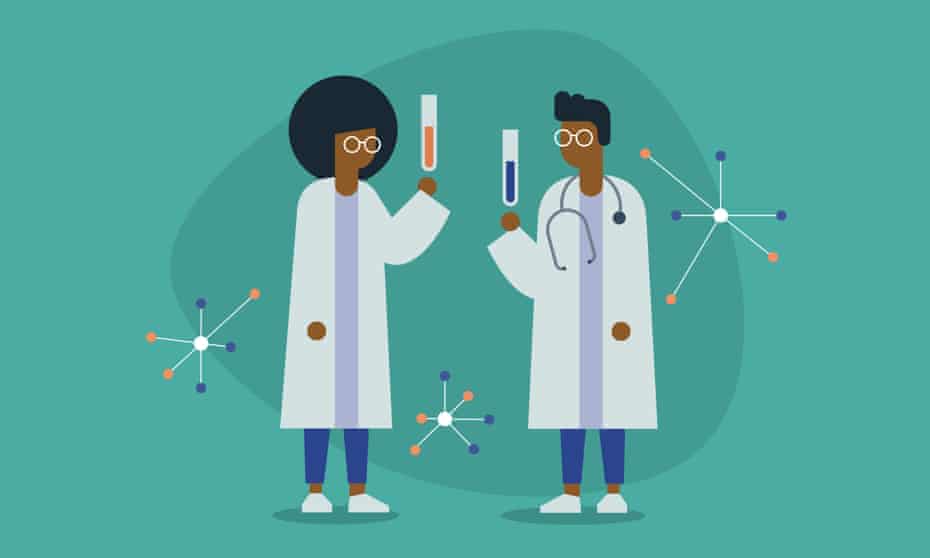

Science Key Stage 1
The principal focus of science teaching in Key Stage 1 is to enable pupils to experience and observe phenomena, looking more closely at the natural and humanly-constructed world around them. Children are encouraged to be curious and ask questions about what they notice. They are helped to develop their understanding of scientific ideas by using different types of scientific enquiry to answer their own questions, including observing changes over a period of time, noticing patterns, grouping and classifying things, carrying out simple comparative tests, and finding things out using secondary sources of information. They begin to use simple scientific language to talk about what they have found out and communicate their ideas to a range of audiences in a variety of ways. Most learning is carried out through the use of first-hand practical experiences, with some use of secondary sources, such as books, photographs and videos.
The Programme of study in Key Stage 1 covers the following areas: Seasonal Change, Everyday Materials, Plants, Animals including Humans, Living Things and their habitats, Use of Everyday Materials, Scientific Enquiry and Sex Education.
/https://tf-cmsv2-smithsonianmag-media.s3.amazonaws.com/filer/d4/a8/d4a88985-6b69-41f0-85b3-4425e6c98596/science_rules5.jpg)
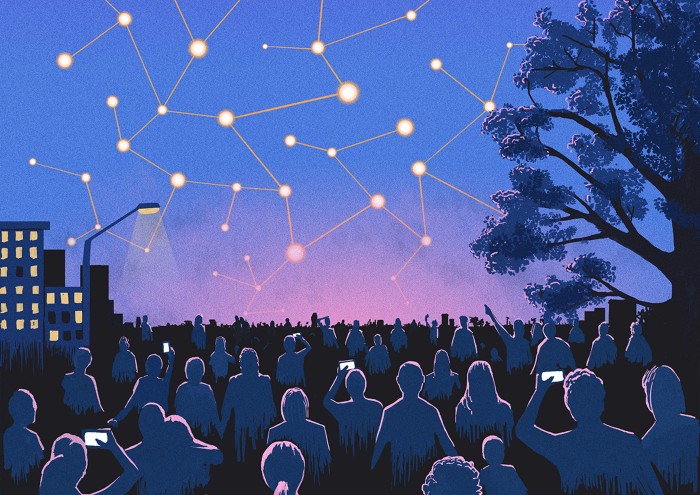
Science in Lower Key Stage 2
The principal focus of science teaching in lower key stage 2 is to enable pupils to broaden their scientific view of the world around them. They do this through exploring, talking about, testing and developing ideas about everyday phenomena and the relationships between living things and familiar environments, and by beginning to develop their ideas about functions, relationships and interactions. They ask their own questions about what they observe and make some decisions about which types of scientific enquiry are likely to be the best ways of answering them, including observing changes over time, noticing patterns, grouping and classifying things, carrying out simple comparative tests and finding things out using secondary sources of information. They are able to draw simple conclusions and use some scientific language, first, to talk about and, later, to write about what they have found out.
The Programme of study in Lower Key Stage 2 covers the following areas: Animals Including Humans, Rocks, Plants, Forces and Magnets, Light, Sound, States of Matter, Electricity, Animals including Humans, Living Things and their Habitats, Scientific Enquiry and Sex Education.
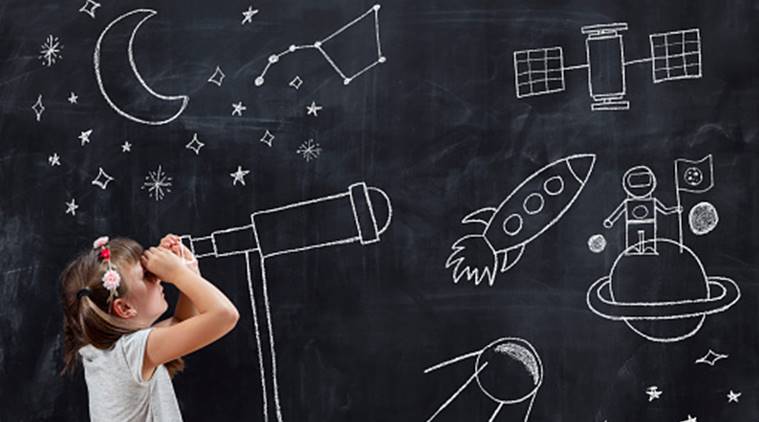
/https://tf-cmsv2-smithsonianmag-media.s3.amazonaws.com/filer/29/0f/290fb8c0-1872-46e5-8c12-235742905def/science_smithsonian_magazine_booklist_2019.png)
Science in Upper Key Stage 2
The principle focus of science teaching in upper key stage 2 is to enable pupils to develop a deeper understanding of a wide range of scientific ideas. They do this through exploring and talking about their ideas; asking their own questions about scientific phenomena; and analysing functions, relationships and interactions more systematically. At upper key stage 2 children encounter more abstract ideas and begin to recognise how these ideas help them to understand and predict how the world operates. They also begin to recognise that scientific ideas change and develop over time. They select the most appropriate ways to answer science questions using different types of scientific enquiry, including observing changes over different periods of time, noticing patterns, grouping and classifying things, carrying out comparative and fair tests and finding things out using a wide range of secondary sources of information. Pupils also draw conclusions based on their data and observations, use evidence to justify their ideas, and use their scientific knowledge and understanding to explain their findings.
The Programme of study in Upper Key Stage 2 covers the following areas: Animals Including Humans, Properties and Changes in Materials, Forces, Earth and Space, Living Things and their Habitats, Evolution and Inheritance, Sound, Light, Electricity, Scientific Enquiry and Sex Education.


Working Scientifically
Within each Key Stage children will be expected to be working scientifically using five scientific enquiry types (comparative and fair testing, research using secondary sources, observing over time, pattern seeking and identifying and classifying and grouping). This enables children to link scientific methods and skills to the content which they are studying. Science is all around us, children will naturally ask scientific questions from a young age and are intrinsically curious about the world around them. At Kingsnorth CEP School, Science is also about trying to find the answers to these questions in a fun, practical and meaningful way. From a reception child testing if the toys in the water tray float or sink, to a Year 5 child recreating the water cycle.
STEM
At Kingsnorth CEP School, our aim is to develop an understanding of STEM careers and encourage more children to enter science-based jobs.
